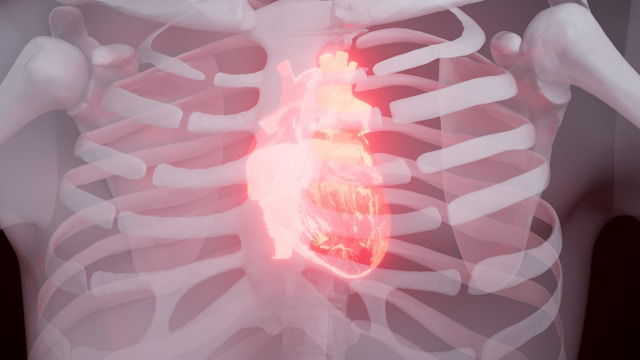
Heart disease is still the number one cause of death around the world. One of the main reasons people get heart disease is because of a condition called atherosclerosis.
This happens when fatty materials, called plaques, build up inside the arteries. These plaques can break open and lead to heart attacks or strokes.
A big risk factor for this problem is dyslipidemia. This means having too much unhealthy fat in the blood, like cholesterol and triglycerides. Almost half of all adults have this condition, which raises their chances of getting heart disease.
Doctors use medicines to help lower these blood fats and to keep plaques stable, but these drugs do not remove the plaques. Now, two new studies have found something surprising. A small mineral called manganese might be able to help remove plaque buildup in arteries.
Manganese is something our bodies need in tiny amounts. It helps with bone strength and with enzymes that do important jobs in our cells.
But researchers have found that manganese may also lower blood fat levels and even help clean out plaques in the arteries. This happened when it was given in larger amounts—even just through food.
This discovery surprised scientists. Manganese changes how fats move through the bloodstream. Fats like cholesterol and triglycerides are carried by small transport particles called lipoproteins. These lipoproteins use a system called COPII to package and move fats around the body.
When manganese binds to COPII, it changes how the system works. It causes a special effect called a “bell-shaped” curve. This means that at the right dose, manganese lowers cholesterol and triglycerides a lot. In lab mice with heart disease, this led to a big drop in artery plaque.
Dr. Xiao Wang, who led the research, said this discovery is exciting. He thinks manganese-based treatment might one day help prevent or treat heart disease. But it’s still early, and scientists need to do more studies to see if it is safe and works well in people.
Still, this opens a new door in the fight against heart disease. If manganese is proven safe for humans, it could be an easy and low-cost way to lower blood fats and clear out harmful plaques.
Until then, people can protect their hearts by eating healthy foods, staying active, and keeping their cholesterol at healthy levels.
There is also research suggesting that eating eggs in moderation may help reduce heart disease risk, and some herbal supplements may affect the heartbeat. Other studies are looking at new drugs that may lower the chance of heart attacks and strokes—and even reduce the risk from COVID-19.
If you want to take care of your heart, read about top foods that help keep your heart strong and how oranges might help with obesity, diabetes, and heart disease. Also, check out easy guides like a 7-day meal plan for diabetes and why black beans are a healthy food to add to your meals.
If you care about heart disease, please read studies that herbal supplements could harm your heart rhythm, and how eating eggs can help reduce heart disease risk.
For more health information, please see recent studies that apple juice could benefit your heart health, and results showing yogurt may help lower the death risks in heart disease.
This new manganese research was published in the journal Life Metabolism.
Copyright © 2025 Knowridge Science Report. All rights reserved.



